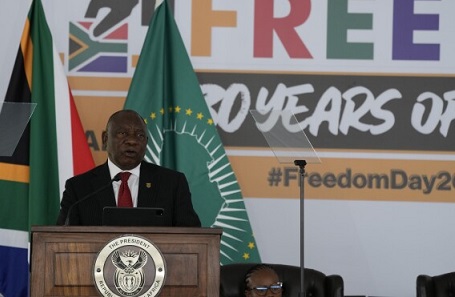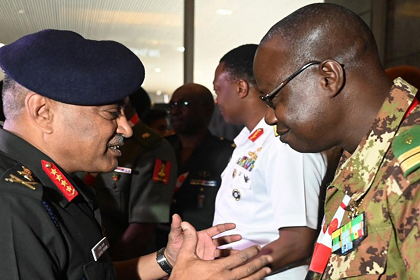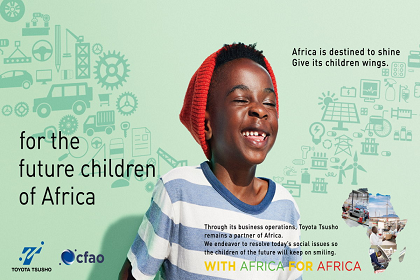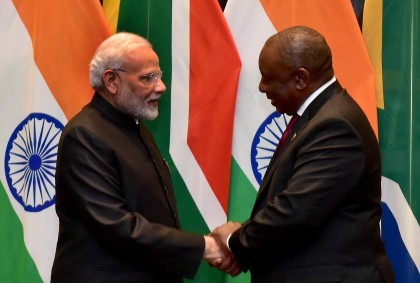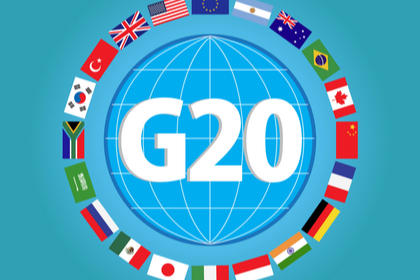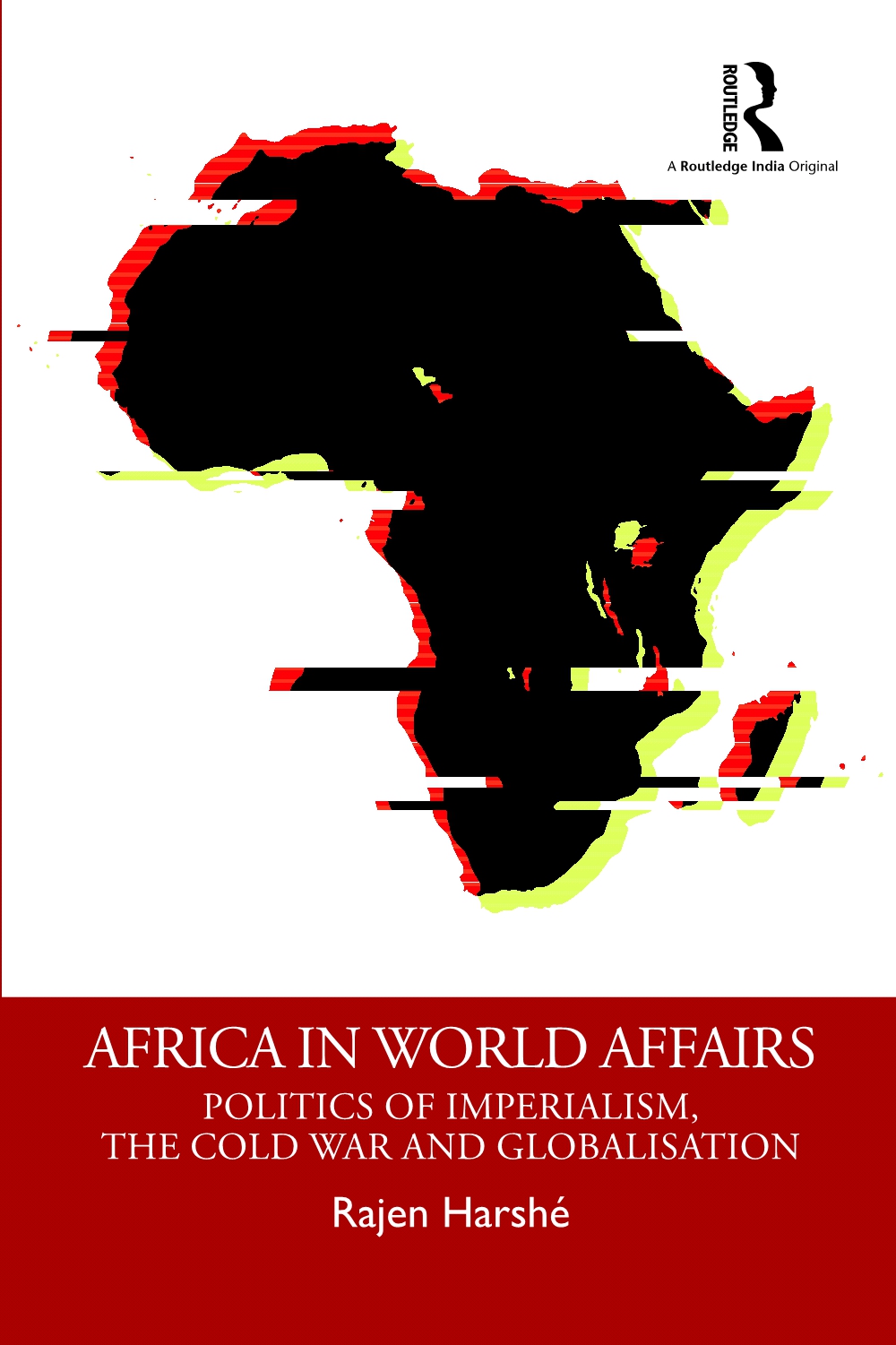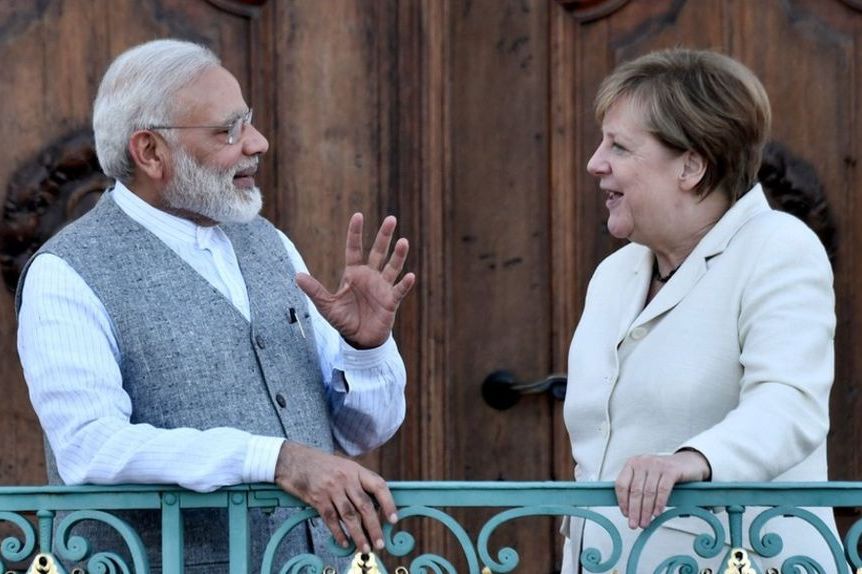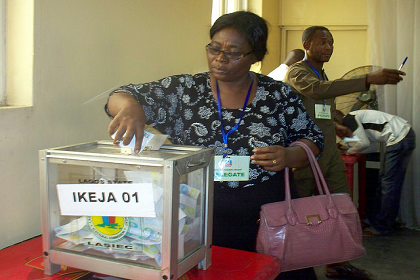Why insurgents struggle as governments
South Africa has just celebrated the 30th anniversary of its epic elections in 1994 which marked the end of apartheid rule. President de Klerk and Nelson Mandela avoided the expected bloodbath but, since then, the ruling African National Congress has not done well. Because the very qualities which make insurgent groups and liberation movements successful, are not the ones that make effective national governments.

